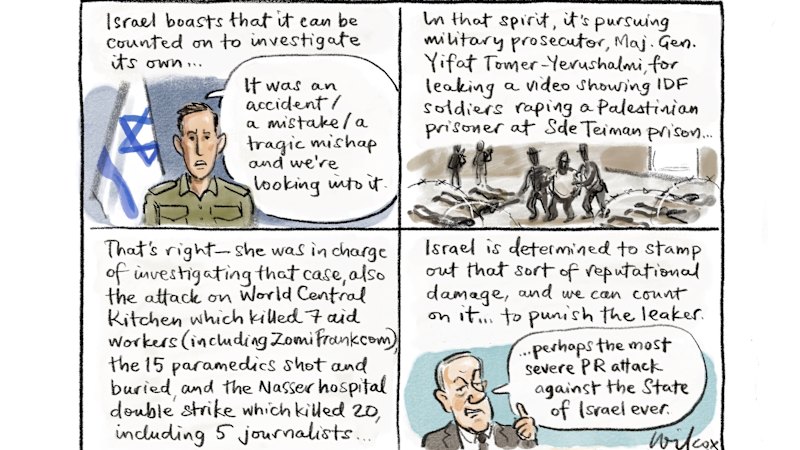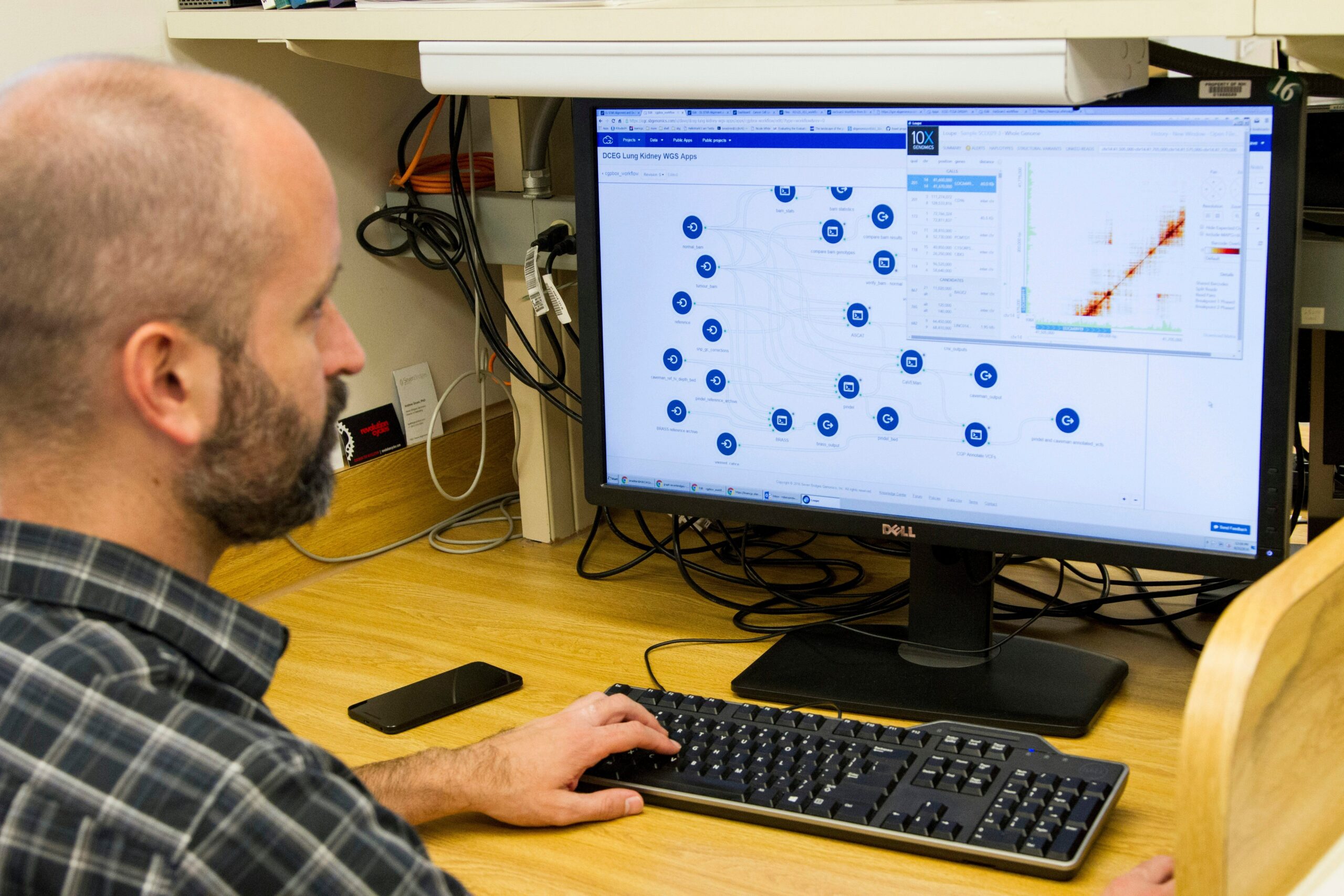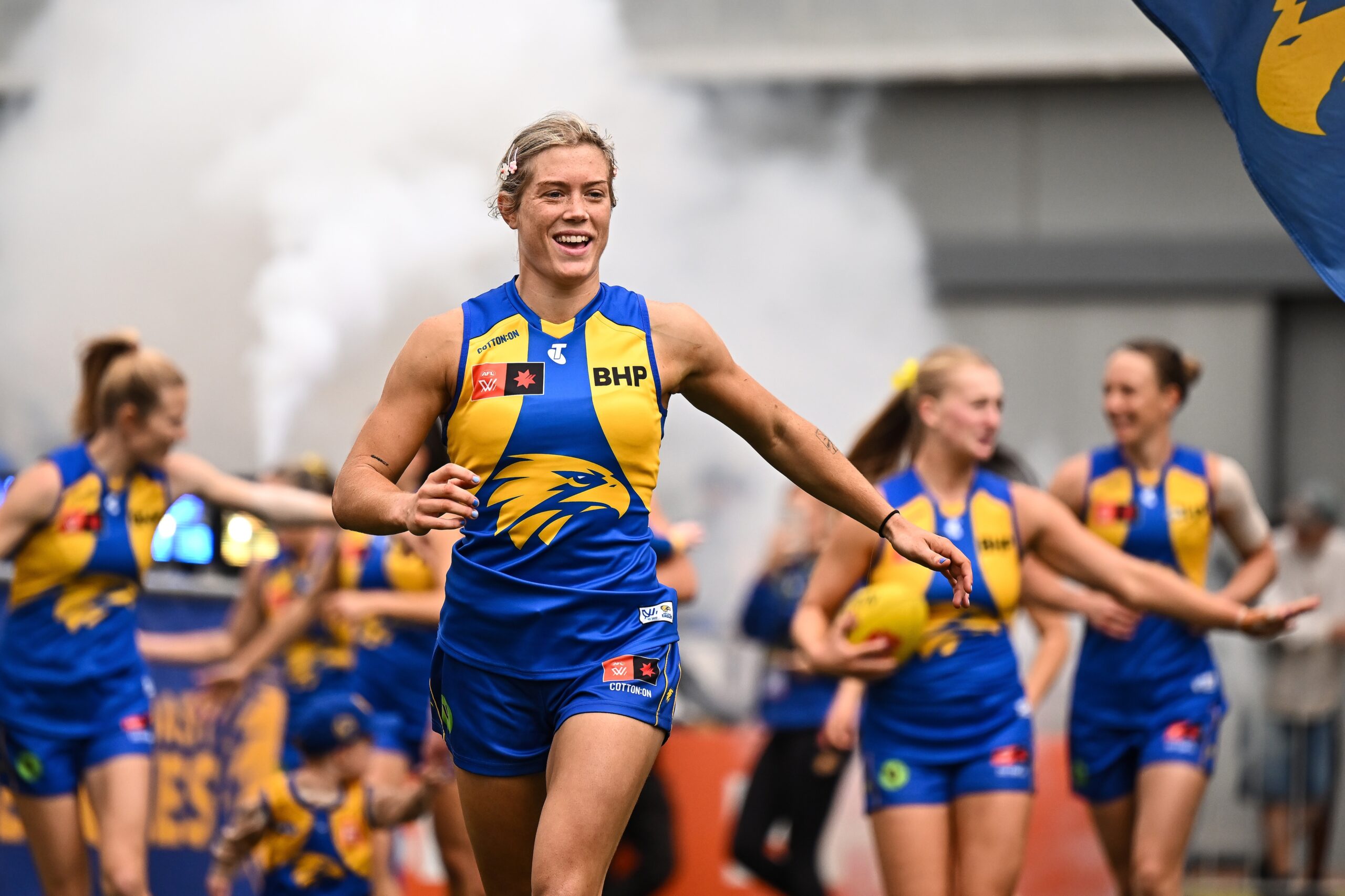
Australia, once heralded as a bastion of safety and community, is witnessing a troubling shift in its social landscape. Recent warnings from Mike Burgess, the director-general of the Australian Security Intelligence Organisation (ASIO), have highlighted a rise in threats to national safety, fueled by the increasing visibility of extremist groups and antisemitic rhetoric.
This growing tension is not just a matter of security; it reflects a deeper fraying of social cohesion. The rise of neo-Nazi activities and attacks on businesses perceived to be linked to Israel have sparked fear and uncertainty about the future. Marie Nash of Balwyn voices a sentiment shared by many, expressing concern for the safety and security of future generations.
Government Actions and Public Response
In response to these threats, the Australian government has taken decisive actions, such as expelling Iran’s ambassador and designating the Islamic Revolutionary Guard Corps as a terrorist organization. However, questions remain about whether similar measures will be taken against other extremist groups like Hizb ut-Tahrir, known for its antisemitic and Islamist ideologies.
Geoff Feren from St. Kilda East questions the government’s hesitancy in proscribing Hizb ut-Tahrir, especially given ASIO’s assessment of the group’s infiltration into university campuses and pro-Palestinian movements. This hesitancy has led to criticism of the government’s reliance on intelligence advice, with some citizens like David Jeffery of East Geelong expressing frustration over the perceived delay in addressing these threats.
International Tensions and Domestic Implications
The situation is further complicated by international dynamics, particularly the ongoing conflict in Gaza. The presence of Israeli weapons companies in Australia has sparked debate, with critics like Shane McCartin from Macleod questioning the ethics of such partnerships amidst accusations of genocide in Gaza.
Leigh Ackland of Deepdene argues that the root cause of anti-Israel protests in Australia is the humanitarian crisis in Gaza, suggesting that these demonstrations will persist unless Australia reconsiders its support for Israel’s military actions.
Historical Parallels and Future Prospects
The current climate of distrust and pessimism is reminiscent of past periods of social upheaval. Paul Spencer from Ascot Vale draws parallels between today’s challenges and historical debates over immigration and multiculturalism, suggesting that Australia’s longstanding acceptance of diverse communities is being tested.
Meanwhile, the environmental policy debates within Australia’s political landscape mirror historical resistance to technological advancements. Richard Elstone from Beaumaris likens the skepticism towards net zero emissions targets to the initial resistance against electrification in Victorian-era Britain. He argues that embracing net zero is essential for future infrastructure development.
Political Dynamics and Public Trust
The political ramifications of these issues are significant. Jacqueline Maley highlights the impact of emissions reduction policies on political careers, noting that both major parties have faced challenges in addressing climate change. Alun Breward from Malvern East points out that while the Coalition has been criticized, the Labor Party’s record on emissions is also under scrutiny.
Peter Thomson from Brunswick underscores the public’s growing distrust in political processes, as environmental policies are debated openly, revealing a lack of coherent strategy. This distrust is contributing to a shift towards independent candidates, as voters seek alternatives to traditional party politics.
Community Voices and Social Impact
Amidst these broader issues, local communities are experiencing their own challenges and triumphs. Erica Miller from Rutherglen shares the pride and recognition her town has received following an award from The Age Good Food Guide, illustrating how local achievements can uplift community spirits.
Conversely, the Melbourne Cup has come under scrutiny for animal welfare concerns, with Kate Bossence from Kerang calling for a reevaluation of the event’s impact on racehorses. This reflects a growing awareness and activism around ethical treatment of animals in sports.
As Australia navigates these complex social, political, and ethical landscapes, the need for dialogue and action becomes increasingly urgent. The country’s ability to address these challenges will shape its future social fabric and global standing.







